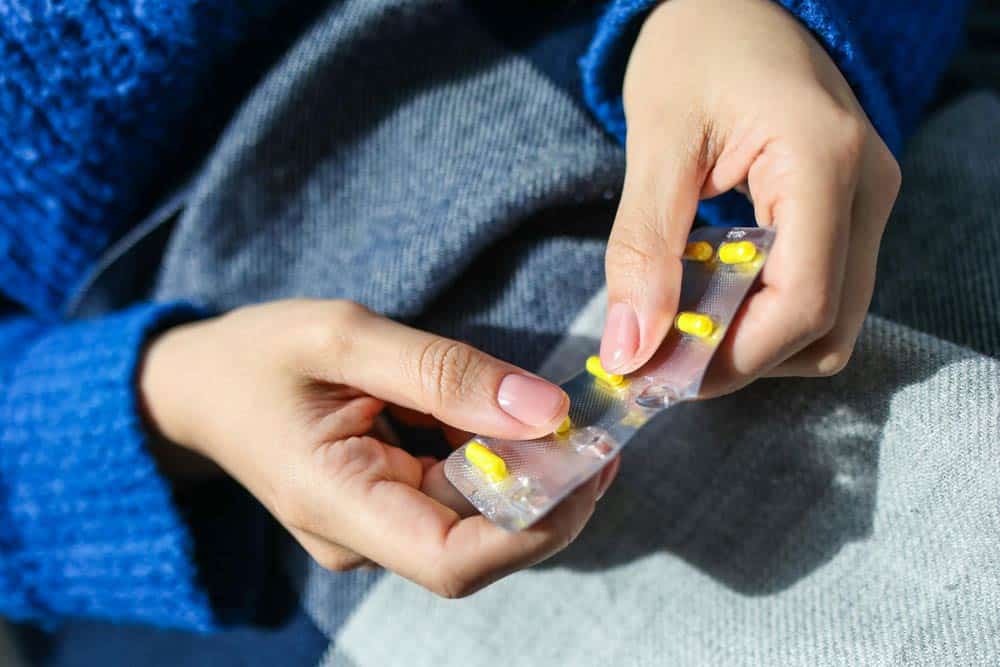Ableism is inherent in mainstream narratives of eating disorders
The perception of eating disorders as disabilities is multifaceted, with multiple perspectives, all are valid. On one hand, the current medical model imposes a reductionistic, individualistic and binary lens. On the other hand, a social model of disability offers a de-pathologization of eating disorders.
Identifying eating disorders as disabilities has its pros and cons. On the positive side, it allows for coalition building with other movements for disability justice and fosters community healing. It also aids in addressing access needs that increase the quality of life of those affected.
However, there are also negatives, such as paternalism and infantilization, and a narrative of hopelessness or inability to change, which can lead to callousness or anxiety from healthcare providers.
Ableism manifests in various ways in the discourse on eating disorders. For instance, people with eating disorders are often infantilized, especially in high level of care (HLOC) environments. It’s common practice to treat adult clients like children, such as being escorted and watched while going to the bathroom and not having free access to phones, wallets or other necessities.
In outpatient care, infantilization shows up when providers assume they know what’s best for clients and make treatment decisions for them. Many interventions are also condescending and dismiss the inherent wisdom of people with lived experience of eating disorders (PWLLE) for their own healing.
Another manifestation of ableism is the assumption that people with eating disorders do not have capacity to make decisions. Providers and parents often declare that clients are “too compromised” to make their own choices, which frequently results in ultimatums and coercive interventions. This is a contentious issue, especially in relation to medical aid in dying (MAID). The eating disorder field lacks clarity about the decision-making rights of people with severe and enduring eating disorders (SEEDS), despite case studies proving they have decision-making capacity.
For those interested in learning more about disability justice, below are some recommended
resources:
- Decarcerating Disability, by Liat Ben Moshe
- Famished: Eating Disorders and Failed Care in America, by Rebecca Lester
- Care Work: Dreaming Disability Justice, by Leah Lakshmi Piepzna-Samarasinha
- Unmasking Autism : Discovering the New Faces of Neurodiversity by Devon Price
- Disability Visibility: First Person Stories from the 21st Century, by Alice Wong
- The Future Is Disabled: Prophecies, Love Notes and Mourning Songs by Leah Lakshmi
- Piepzna-Samarasinha
- @projectlets
- @neuroabolition
- @rds_for_neurodiversity
- @audhd_therapist
- @mad.subjectivity
- @mercifullymad
- @healthjusticecommons
Why Not Every OCD Subtype Requires Accepting Uncertainty: A Compassionate Look Through the Lens of I-CBT
If you’ve been struggling with intrusive thoughts like “What if I harm my child?” or “What if I’m secretly a pedophile?”, chances are you’ve felt terrified, ashamed, and misunderstood. These thoughts—often referred to as taboo OCD themes—can feel so disturbing that...
Understanding Health Anxiety: What it is & How to Cope
If you have health anxiety, you know how exhausting it can be to live with constant worry about your health. Every new ache, sensation, or symptom can send you into a spiral of anxiety, leaving you feeling overwhelmed and scared. Health anxiety (a subtype of OCD),...
Three Acceptance and Commitment Therapy (ACT) Skills to Strengthen Your Recovery from OCD and Eating Disorders
When I was in the depths of recovery from an Eating Disorder and OCD, I was hungry (I know, pun intended) for anything that would help me cope with the distress these disorders bring. Particularly when I was beginning to challenge some of the behaviors...




